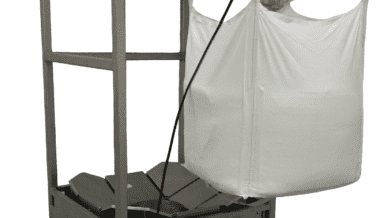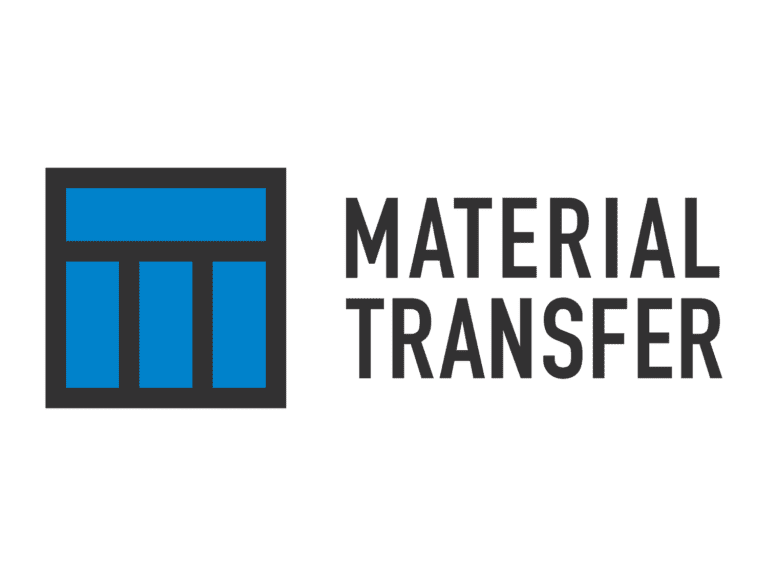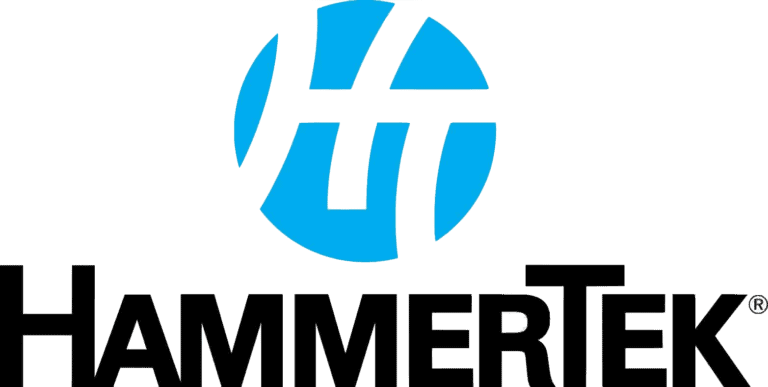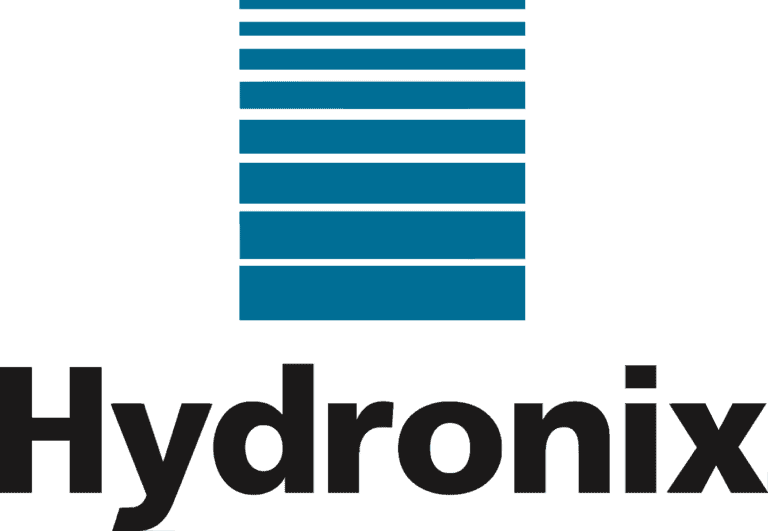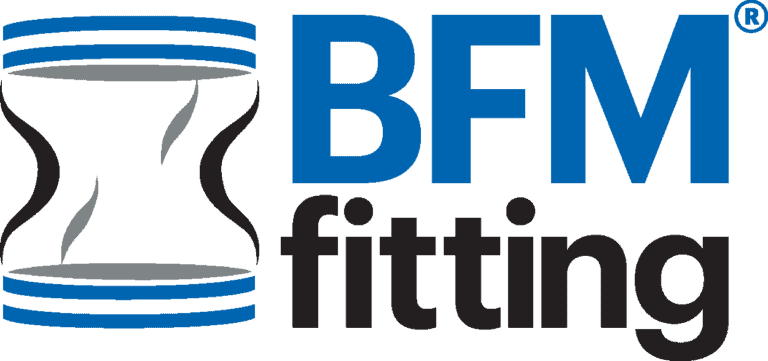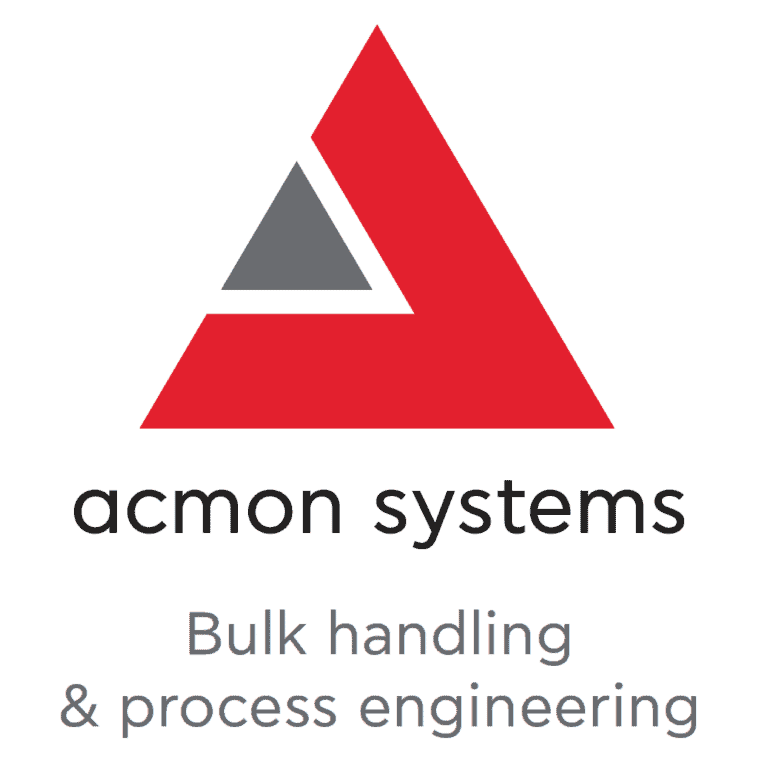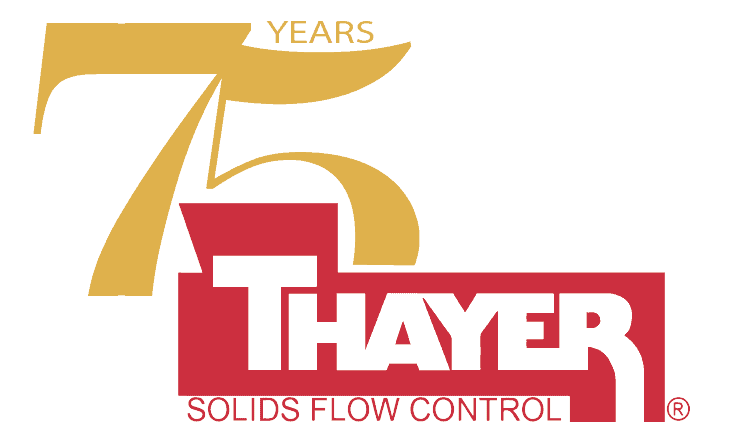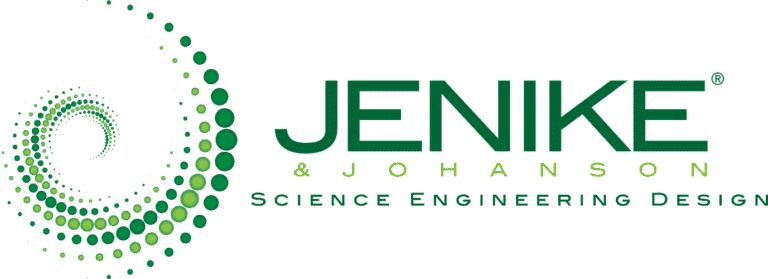
Worldwide, more than 380 million 4-loop big bags (called FIBCs in specialist vocabulary – Flexible Intermediate Bulk Containers) are sold every year; this equals an annual recycling potential of approx. 800,000 tons of material. To turn big bags into big bags once more, the Austrian Starlinger & Co. GmbH has now developed the concept “circular packaging” for big bags made from polypropylene fabric; the well-known FIBC expert Dr. Amir Samadijavan acted as consultant for this project. The sustainable concept will be presented at the leading plastics exhibition K 2019 in Düsseldorf/Germany; live demonstrations of the technology will be the highlight of the Starlinger Open House in Weissenbach/Austria.
Circular packaging
With “circular packaging”, Starlinger introduces K show visitors to an elaborate concept for a closed-loop for big bags that begins with polypropylene granulate and leads back to polypropylene regranulate (rPP) through the process steps production, usage, recovery, and recycling. A closed-loop has the advantage that production occurs within a quality assurance system, and the materials used are documented in a so-called “material passport”. In cooperation with the renowned big bag manufacturers Louis Blockx and LC Packaging, Starlinger has simulated this loop and produced new big bags from fabric with high rPP content. Samples are available at K show and prove that Starlinger rPP big bags show the same quality as big bags made from virgin material in terms of tensile strength, weight, and safety factor.
A circular economy for big bags

At the beginning of a closed-loop stands the creation of a uniform material stream. After use, big bags are returned to the big bag filler; this guarantees that they are similar in composition and show the lowest possible degree of contamination, as they do not enter the post-consumer stream. At the FIBC manufacturer, the used big bags are shredded, washed, and processed into rPP on the Starlinger recycling line recoSTAR dynamic, thereby yielding secondary raw materials for the production of new big bags.
Apart from saving costs for raw materials, the recycling of big bags lowers the carbon footprint of this type of bulk packaging. “We have developed this concept because we would like to establish a circular economy for polypropylene fabric in which the recycled material is again processed into fabric – no downcycling involved,” emphasizes Hermann Adrigan, Starlinger Sales Director. “This can only succeed if the packaging is already designed with an eye on recyclability (design for recycling), and all process steps are perfectly matched.” To take an example, the “circular packaging” sewing process is performed without the use of polyester multifilament yarns.
Plastic fabric made from rPET flakes
Already at the last K show, Starlinger called attention to itself with a sustainable concept: the production of tape fabric from up to 100 % rPET flakes. This year, the company installed the first projects that are using this technology for the production of big bags from recycled PET in Europe and Asia. “Since we have been intensively involved in the recycling and refinement of plastics for decades, the circular economy is an extremely important topic for Starlinger that is close to our business,” adds Hermann Adrigan. “Now we have used our extensive know-how to present our clients in the FIBC sector with a sustainable solution also for polypropylene fabric.” Even without recycling options, the carbon footprint of flexible big bags is far below that of rigid FIBC containers such as drums or octabins because of their lower weight and space-saving transport.
PET recycling: a new life for PET bottles

Starlinger recycling technology focuses on recycling solutions that give new life to PET bottles. In the spirit of a circular economy, bottles become bottles once more: this is achieved with the Starlinger “recoSTAR PET iV+” technology. The recycling lines meet the strict criteria of various national and international authorities (e.g., EFSA, FDA) with regard to food contact as well as the quality requirements of major brand owners. Another option in great demand is bottle-to-fiber recycling, which turns used PET bottles into textiles such as sports apparel. Starlinger offers the entire recycling technology from a single source, from lines for solid-state polycondensation (for increasing the intrinsic viscosity when mixing flakes with fibers) up to a continuous polymer filter for finest filtration down to 15 μm.
Building on the “circular packaging” concept, Starlinger exhibits machinery at both K show stands: a tape extrusion line starEX 1600 X in Hall 16, Stand B47, and a recoSTAR dynamic 85 C-VAC with SMART feeder and C-VAC high-performance degassing module for the recycling of post-consumer waste in Hall 9, Stand D22.





